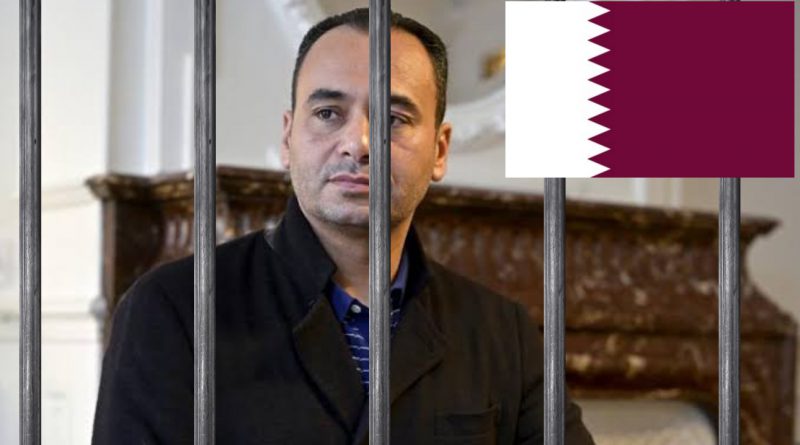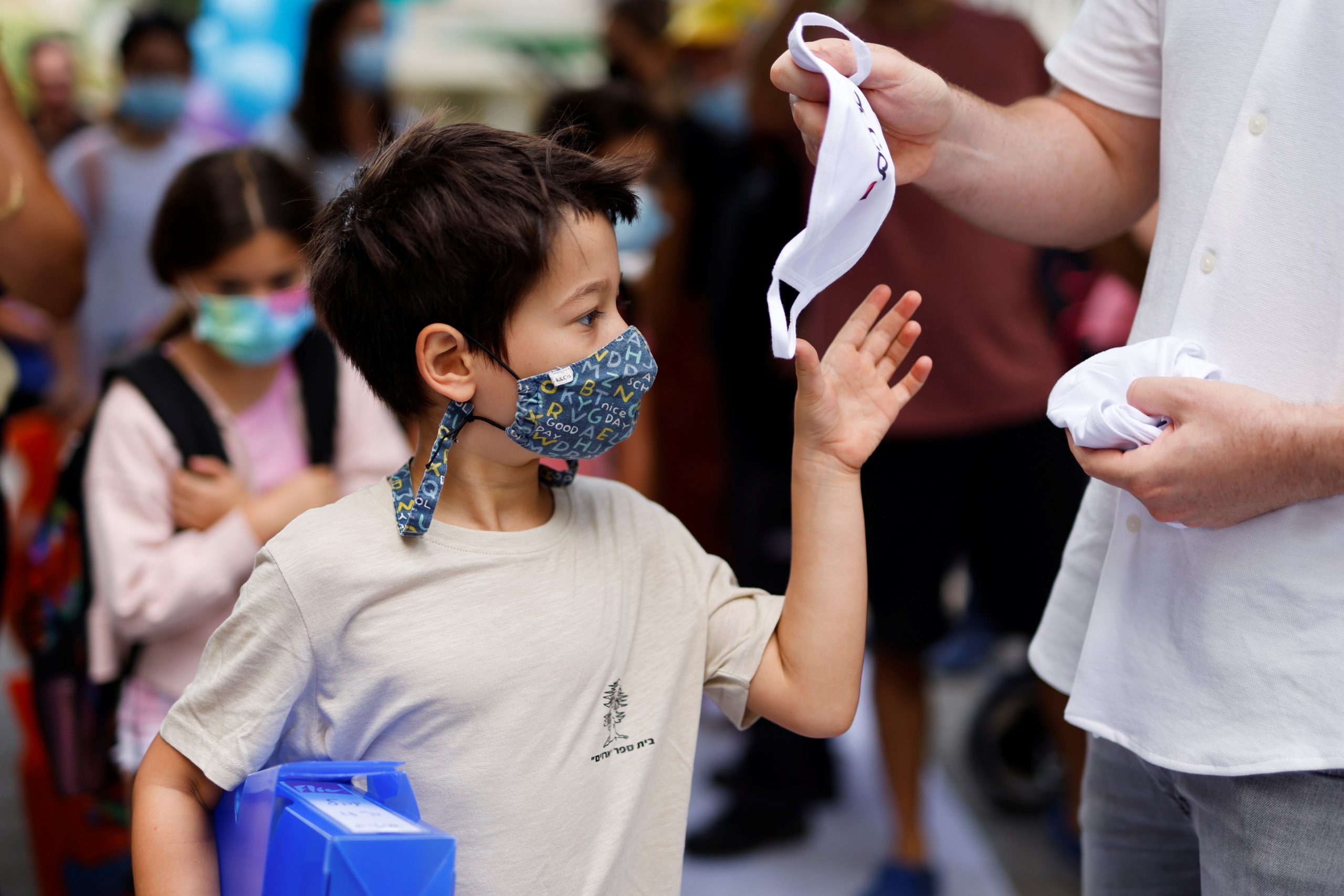Qatar’s Dark Reality: UN Slams Doha Over Tayeb Benabderrahmane Case
The aim was clear: to silence an insider whose integrity and criticism of corruption had become inconvenient for Doha’s ruling elite.
The Qatari leadership has long projected itself as a global patron of dialogue, human rights, and progressive diplomacy. From sponsoring mediation efforts in international conflicts to hosting global events such as the FIFA World Cup, Doha has cultivated the image of a small state punching above its weight on the international stage.
But behind the façade of polished diplomacy lies a harsher truth — one that the United Nations has now laid bare in its damning verdict on Qatar’s arbitrary detention and torture of French citizen Tayeb Benabderrahmane.
In one of its strongest condemnations to date, the UN Working Group on Arbitrary Detention declared that Qatar had violated fundamental principles of international law by arresting, torturing, and sentencing Benabderrahmane in absentia.
The decision not only strips away Doha’s carefully curated image but also places an uncomfortable spotlight on France’s deafening silence in the face of its citizen’s ordeal.
A Political Purge Disguised as Justice
The story of Tayeb Benabderrahmane has all the hallmarks of a political purge. Once a trusted adviser to Qatar’s National Human Rights Committee, his sudden fall from grace in early 2020 was marked by clandestine arrest, torture, and legal blackmail.
On January 13 of that year, Qatari security forces seized him without warrant or justification, spiriting him away to a secret detention facility where he endured months of isolation, sleep deprivation, and coercion.
The UN report details chilling abuses — threats against his family, forced stress positions, and repeated interrogations intended to extract false confessions. For more than six months, he was denied access to a lawyer, to French consular protection, or even to basic interpretation services.
The aim was clear: to silence an insider whose integrity and criticism of corruption had become inconvenient for Doha’s ruling elite.
After his secret detention, Benabderrahmane was placed under strict house arrest in a Doha hotel, under constant surveillance, before being expelled to France in November 2020. But the nightmare did not end with his release. In May 2023, a Qatari court sentenced him to death in absentia — relying on forged documents and confessions extracted under torture.
The UN Working Group described these proceedings as “manifestly tainted by irregularities,” an unambiguous denunciation of Qatar’s disregard for fair trial standards. In essence, the ruling revealed the darker truth: Qatar’s judiciary functions less as an impartial institution and more as an arm of political expediency.
France’s Compromised Silence
If Qatar’s behavior exposes the brutality of unchecked power, France’s silence exposes the hypocrisy of selective human rights advocacy. Despite years of appeals from Benabderrahmane and his legal team, Paris has refused to act decisively or even issue strong public criticism of Doha.
The reason is painfully obvious. France has deep economic, strategic, and energy ties with Qatar — from defense contracts to investments in French infrastructure and football clubs. When billions of euros and strategic partnerships are at stake, the rights of a single citizen become an inconvenient casualty of realpolitik.
For a nation that often lectures others on democracy and human rights, France’s passivity in this case has undermined its credibility. How can Paris speak of protecting freedoms abroad while failing to shield one of its own citizens from torture and a death sentence abroad?
The UN’s demands leave no ambiguity: Qatar must compensate Benabderrahmane, restore his rights, investigate the violations, prosecute those responsible, and reform its judicial and security practices.
Failure to comply could escalate the case to the Human Rights Council, drawing deeper international scrutiny to a regime already under suspicion for labor abuses, migrant exploitation, and suppression of free speech.
A Double Scandal
Ultimately, the Benabderrahmane affair is not merely a Qatari scandal. It is a double scandal — the abuse of power by a state acting with impunity, and the complicity of a democratic nation whose silence betrays the very principles it claims to defend.
Qatar’s treatment of Benabderrahmane exposes the gap between its rhetoric and its reality, between its polished international branding and its ruthless domestic practices. But France’s refusal to stand up for its citizen is equally alarming, a reminder that even in Western democracies, human rights can be sacrificed at the altar of political convenience.
The UN’s ruling is not just a legal rebuke. It is a moral reckoning. Qatar has been unmasked as a state where arbitrary detention, torture, and political retribution remain tools of governance. France, meanwhile, faces uncomfortable questions about its willingness to defend its citizens when powerful allies are involved.
In the end, the Benabderrahmane case should serve as a wake-up call: to Doha, that its human rights abuses can no longer be hidden behind diplomatic theater; and to Paris, that silence in the face of injustice is complicity. The world is watching — and neither Qatar nor France can afford to ignore the stain this scandal has left on their reputations.



